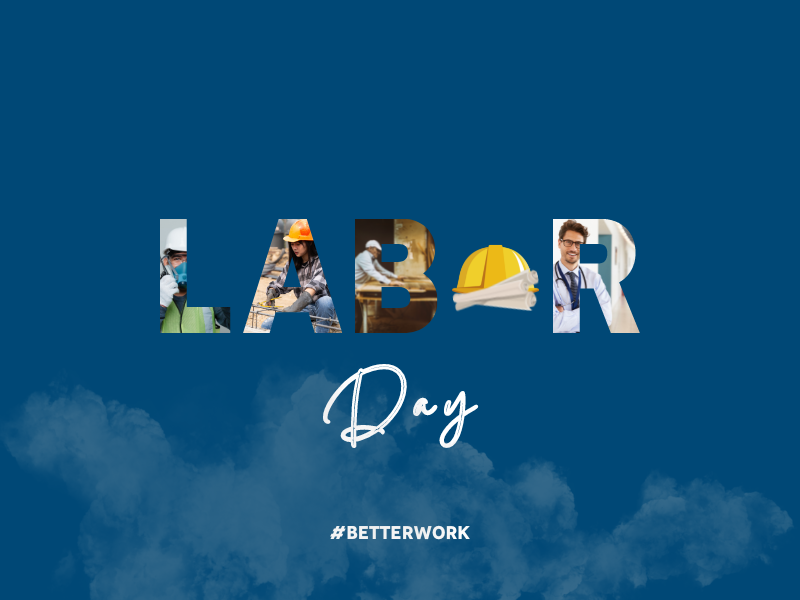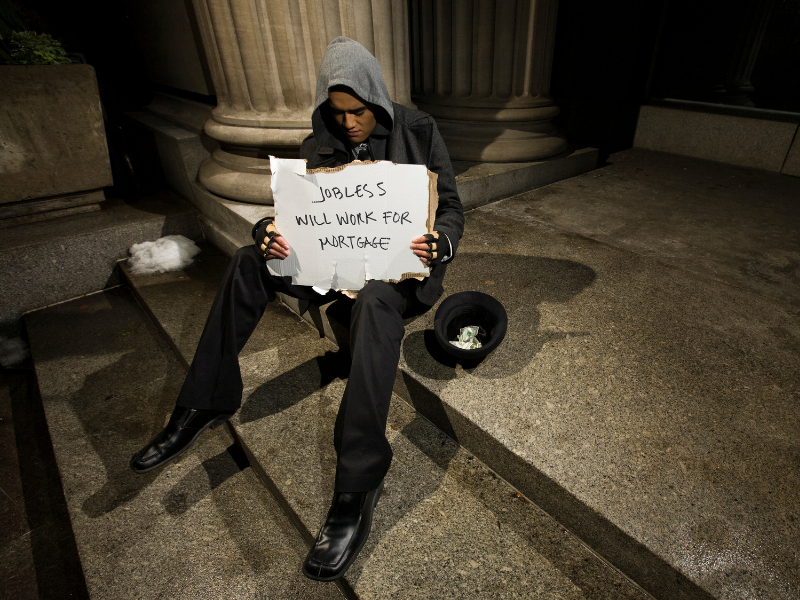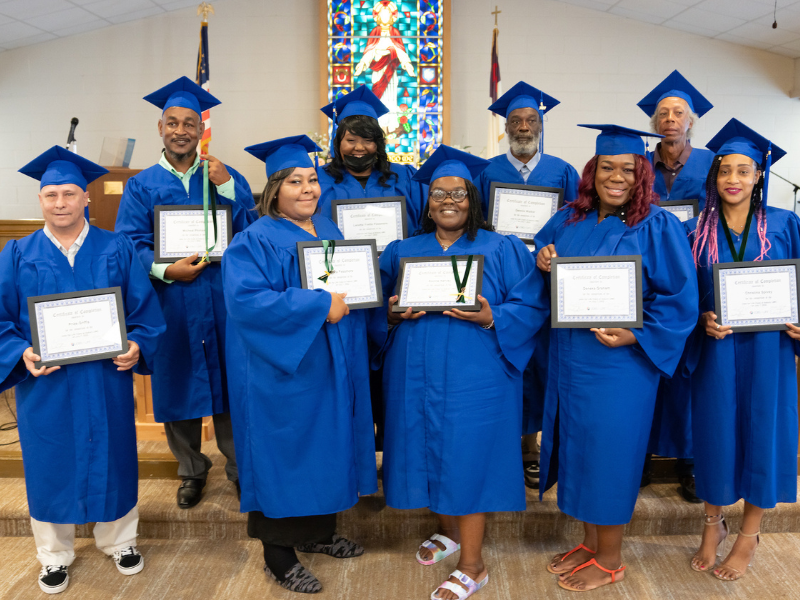
Five reasons to celebrate the value of work on Labor Day

Five reasons to celebrate the value of work on Labor Day
Key Points
- A disproportionately large number of able-bodied adults have checked out of the workforce.
-
This Labor Day, we’d like to acknowledge five reasons why work remains so important.
Labor Day became a federal holiday in 1894 under President Grover Cleveland. The core meaning of the holiday is to celebrate the achievements and value of everyday workers. But here at the Georgia Center for Opportunity, we see another important part of Labor Day celebrations — to acknowledge the value of work itself.
The United States has a rich history of viewing work as ennobling. That’s part of what has helped each succeeding generation of Americans have a brighter economic future than the one before. But in recent history, we’ve witnessed an anti-work spirit arise in our nation.
A disproportionately large number of able-bodied adults have checked out of the workforce. Even though the unemployment rate in the U.S. is at historic lows, the labor force participation rate has not caught up — indicating that millions of workers are absent from the workforce who could otherwise be working.
This Labor Day, we’d like to acknowledge five reasons why work remains so important.
- Work provides a key source of dignity
Work is about bettering one’s self and one’s family materially, that’s true. But that is not the only benefit. Another benefit is the way the work itself benefits the individual, the intangible but no less important side benefits of work.
When we are separated from work, we lose more than just monetary compensation or the food, shelter, clothing, and other basics that money can buy. We also face a loss of social connection, meaningful activity, self-respect, and overall purpose.
- Work helps to establish our daily rhythms
Work establishes the daily rhythms of life. It dictates when we rise from bed, when we eat our meals, how we schedule our weeks, how we interact with our families. Work provides important structure for our lives.
- Work benefits all of society
Workers make contributions that extend beyond their own families to society as a whole. They generate value and rely on themselves rather than government assistance. Employed people are also less likely to commit crime and their families tend to be healthier.
Bringing The Dignity of Work to every individual.
We believe that every able-bodied individual should have a path to fulfilling work. We do this through initiatives that create a flourishing job market, remove barriers to those unable to find work, and work directly with communities to move the un and underemployed into work.
- Work provides an opportunity to be generous to others
Work gives us the monetary resources to be generous to those in need. Maybe that’s why the U.S. is one of the most generous nations in the world for private philanthropy — historically, we’ve valued hard work and the generosity made possible by it.
- Work honors God
Our religious traditions teach that work has intrinsic value. In the Hebrew account of creation, God placed Adam in the Garden of Eden and instructed him “to work it and keep it.” In the New Testament, Paul stated that “if a man will not work, he will not eat.” The Calvinist work ethic brought to our shores by the Puritans equated diligent work with duty to God.








